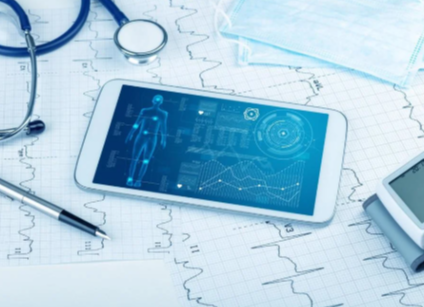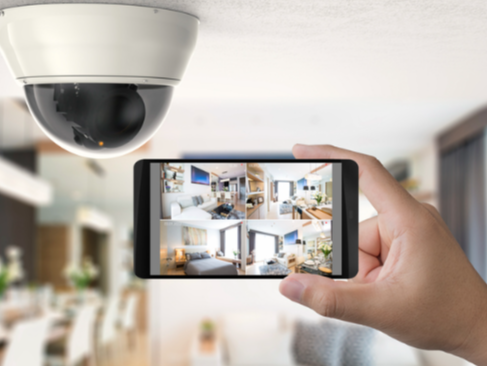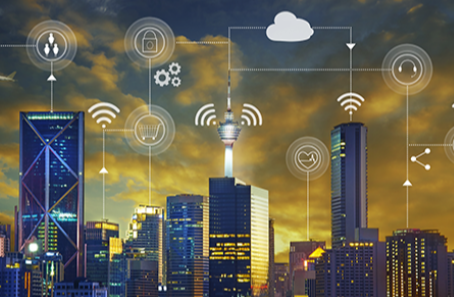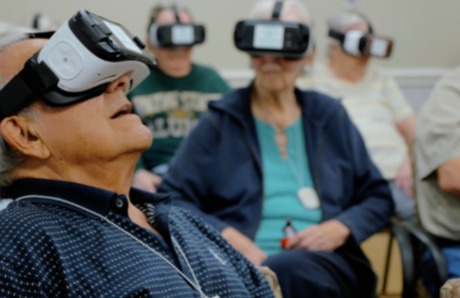The Future of Smart Health Devices

The future of smart health devices presents a significant shift in healthcare delivery. With advancements in wearable sensors and telehealth technologies, real-time monitoring and personalized care are becoming increasingly feasible. This evolution could empower individuals to manage their health more effectively. However, the integration of these technologies also raises critical questions about data security and ethical implications. Understanding these complexities is essential as the healthcare landscape continues to transform.
Emerging Technologies in Smart Health Devices
As the healthcare landscape evolves, emerging technologies in smart health devices are reshaping the way patients and providers interact with medical information and services.
Wearable sensors collect real-time health data, enhancing telehealth integration by enabling remote monitoring and timely interventions.
This synergy fosters a more responsive healthcare environment, empowering individuals to take control of their health while facilitating efficient communication between patients and providers.
Benefits of Smart Health Devices for Personalized Care
Although traditional healthcare models often rely on generalized treatment protocols, smart health devices offer a transformative approach to personalized care by tailoring health interventions to individual patient needs.
Through effective data tracking, these devices enhance patient engagement, enabling individuals to take charge of their health journeys.
This shift fosters a more proactive healthcare experience, ultimately leading to improved outcomes and greater patient autonomy.
Challenges and Ethical Considerations
The rise of smart health devices, while promising significant advancements in personalized care, also brings forth a range of challenges and ethical considerations that must be addressed.
Key issues include data privacy and consent issues, where users may unknowingly share sensitive information.
Additionally, security vulnerabilities pose risks, while equity access remains a concern, potentially widening disparities in healthcare availability and outcomes among different populations.
The Future Landscape of Healthcare With Smart Devices
While the integration of smart health devices into everyday life is still unfolding, their potential to reshape the healthcare landscape is becoming increasingly evident.
Enhanced telehealth integration promises to provide patients with real-time monitoring and personalized care.
However, the urgency for robust data security measures remains paramount to protect sensitive information, ensuring that the benefits of these innovations do not compromise individual privacy.
Read more: How Internet of Things (Iot) Is Helping Make Cities Smarter
Conclusion
In conclusion, the future of smart health devices resembles a double-edged sword, wielding the potential to revolutionize healthcare while simultaneously posing significant ethical and security challenges. As these technologies continue to evolve, striking a balance between innovation and protection will be paramount. By fostering trust and ensuring robust safeguards, the healthcare landscape can transform into a more responsive and personalized system, ultimately empowering individuals to navigate their health journeys with greater confidence and autonomy.



